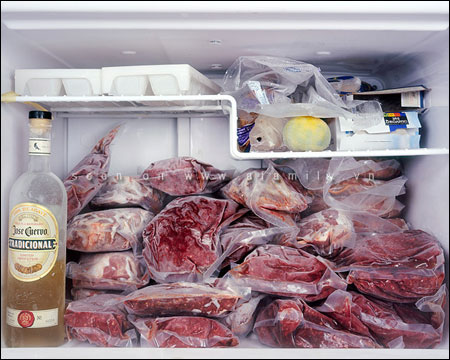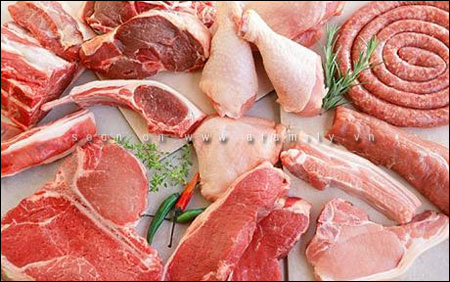1. Properly wrap the meat:
Whether storing in the fridge or the freezer, it is important to wrap the meat well to maintain freshness and protect against bacterial contamination. Plastic food wrap or silver paper are commonly used for this purpose.

When using the freezer, make sure to wrap the meat in multiple layers to prevent excessive freezing, loss of moisture, and changes in color and taste. Ensure that the meat is tightly wrapped to prevent the formation of ice layers.
2. Adjust the refrigerator temperature:

For optimal meat storage, keep the temperature of the fridge compartment at around 2ºC and the freezer compartment at approximately -25ºC.
3. Know the recommended storage time:

Refrigerated meat should generally be consumed within one to four days. Ground meat, for example, can be refrigerated for up to two days, while beef can be stored for up to four days. Frozen meat, on the other hand, can be stored for several months. Ground meat can be stored for six months in the freezer, while poultry meat like chicken and duck can be stored for about four months. Processed meat products can be stored for approximately one month.
4. Properly store cooked meat:
Cooked meat portions should be placed in small containers and tightly sealed with a lid or plastic wrap. It is important to keep cooked meat containers separate from raw meat to prevent bacterial contamination. If storing cooked meat for an extended period, freezing is recommended.

Before and after handling raw meat, thoroughly wash hands with antibacterial soap and water to prevent the spread of bacteria. Clean all utensils used for meat preparation, including knives and cutting boards. Also, sanitize kitchen counters and surfaces that come into contact with raw meat.





































